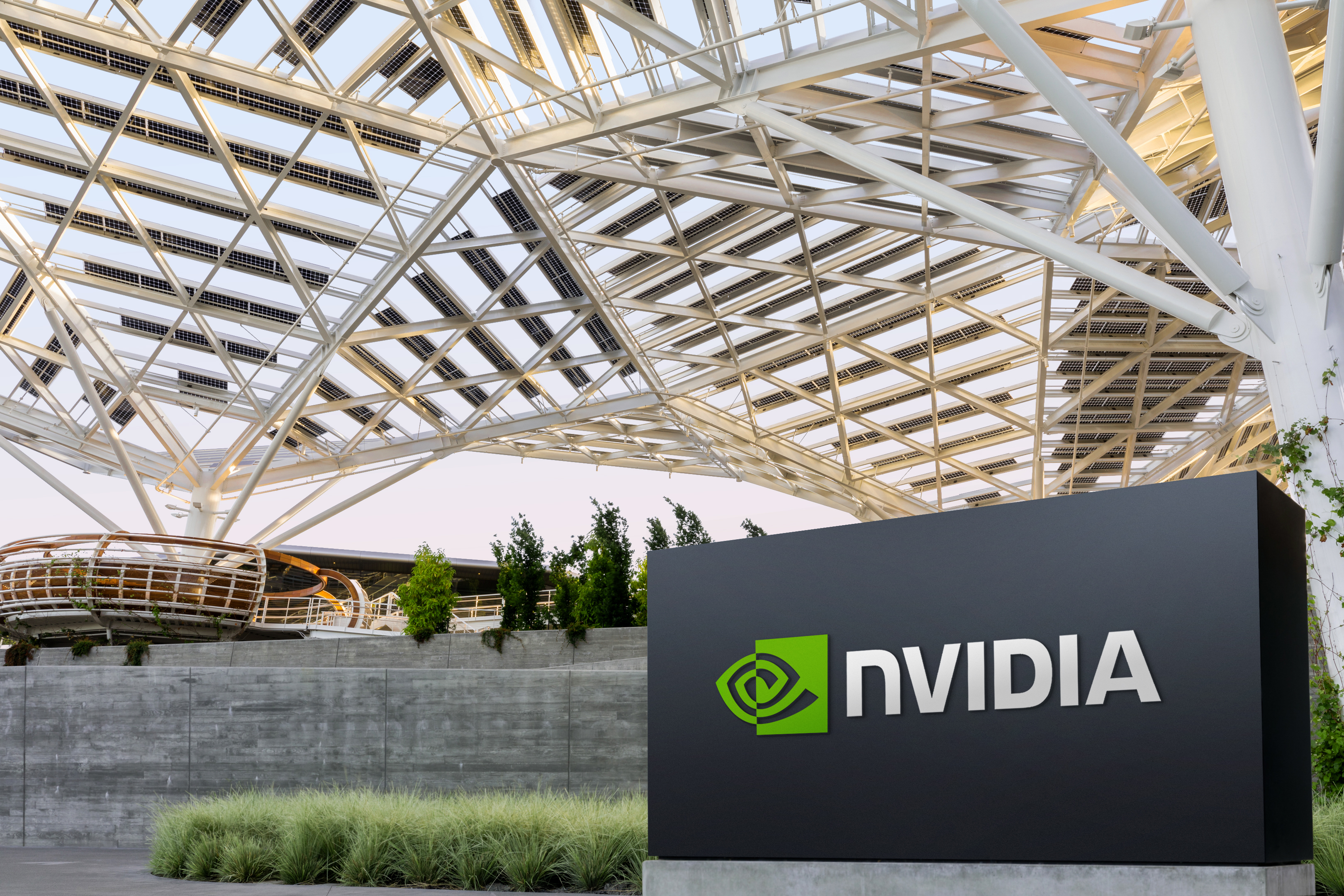Investors who own S&P 500 ETFs owe nearly a third of their gains to one stock, Nvidia.
Of the S&P 500's 8.4% return so far this year, 2.7 of those percentage points come from Nvidia’s 87% surge. Therefore, a single stock accounts for around a third of the S&P 500’s gain.
While certainly an eyebrow-raising statistic, seeing a single stock drive so much of the index’s return is not unprecedented.
In 2023, Microsoft accounted for 3.4 percentage points of the S&P 500’s 26.2% return. In 2021, the same stock accounted for 2.8 percentage points of the index’s 28.7% return.
Meanwhile, Apple contributed 3.9 and 2.8 percentage points in 2020 and 2019, respectively, to the S&P 500’s 18.4% and 31.3% returns.
That single stocks have accounted for so much of the S&P 500’s performance in recent years reflects their huge weightings in the index.
When a stock represents 5% of the index, just a 10% move in either direction can drive a half a percentage point change in the level of the index.
When those same stocks move 20%, 30%, or even more as they’ve done in recent years, the impact can be much larger.
Nvidia stock risk
There has been a lot of talk about the parabolic ascent of Nvidia and how it’s a risk to the market given how the stock represents over 5% of the S&P 500.
While a Nvidia crash could certainly have broader implications for the stock market by bringing down other tech stocks, on its own, even a halving of Nvidia would only shave roughly 2.5 percentage points off the S&P 500.
That is not small by any means, but it is also something that – if it were to happen – would not take place overnight, allowing other stocks an opportunity to compensate for it.
This article was originally published on ETF.com


